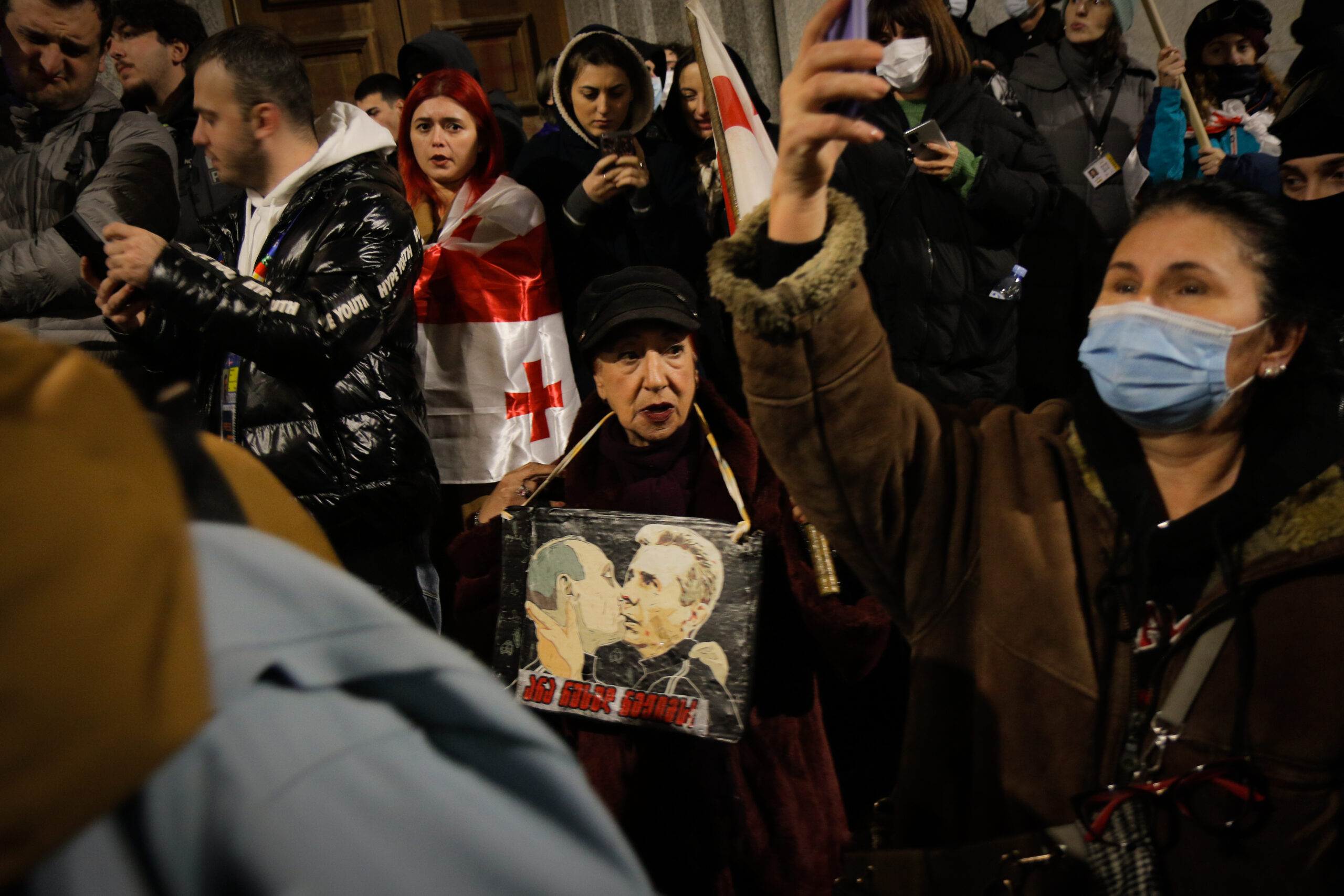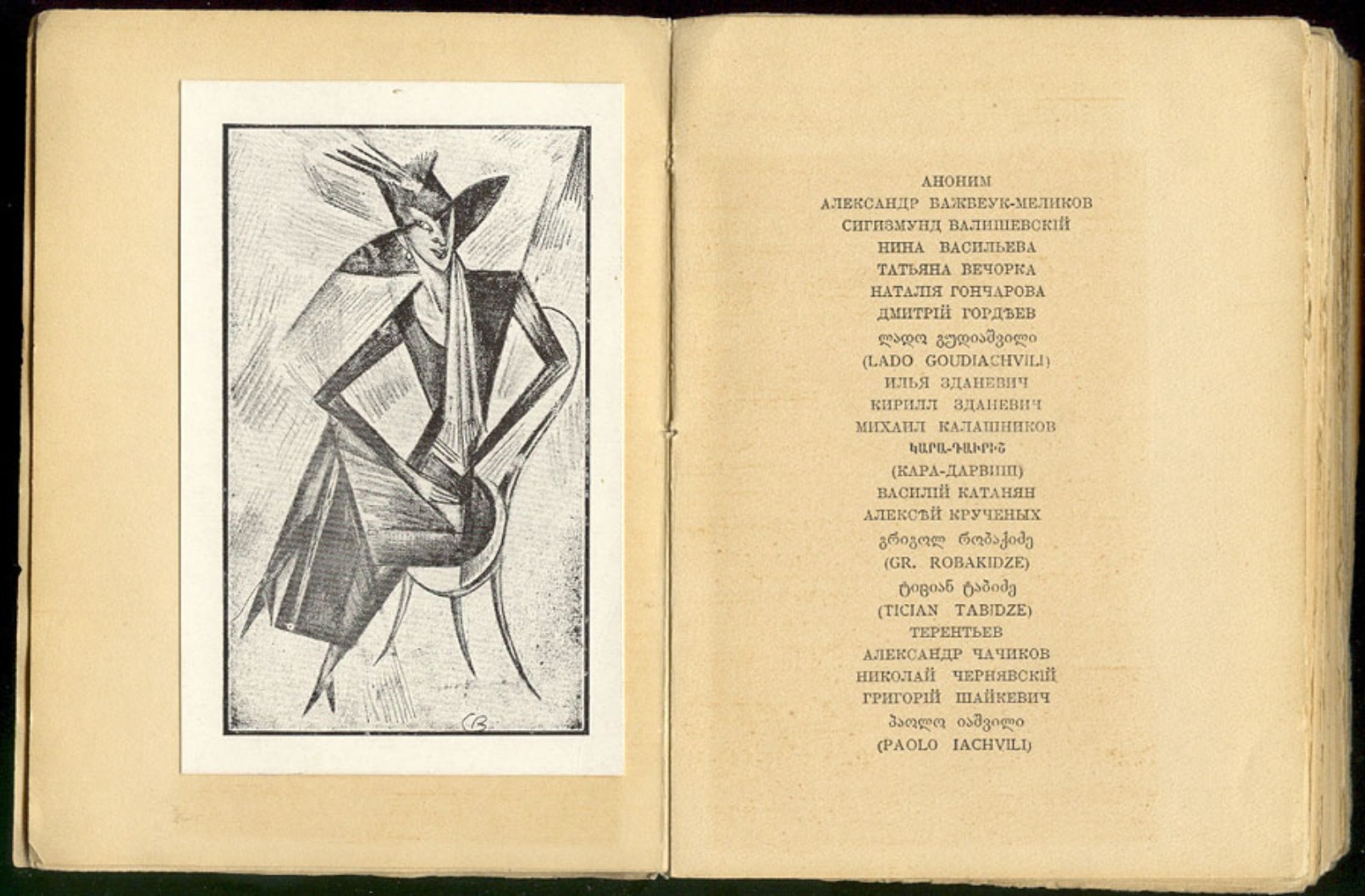
Tbilisi – More Than Hot Baths
“Vakhtang I Gorgasali once went hunting with his royal falcon in the forests around the first capital of Georgia, Mtskheta. After some time, the king sent his falcon to catch a pheasant. The falcon flew away, and eventually, the king lost sight of it. In search of the birds, Vakhtang Gorgasali and his hunters came across a spring and saw that both the falcon and the pheasant had fallen into its waters. The spring turned out to be hot. Amazed by this discovery and recognizing the potential of the natural springs, Vakhtang I decided to establish a city at this location.”
Thus, according to legend, the city of Tbilisi was founded.
It’s a charming story, isn’t it? But it’s just that—a legend. The reality is far more complex than a bird falling into hot water. At least the city’s name reflects the springs: Tbili (or Tfili) means “warm.”
Now, let’s look at the actual history.
According to some sources, Tbilisi began to take shape as a city during the early feudal era. Conversion of Kartli, written by Leonti Mroveli, is the first source that mentions it, referring to events in the second half of the 4th century A.D. At that time, Tbilisi was not yet a full-fledged city. It was a strategic location and the residence of a satrap sent from the Sasanian Empire (Persia).
Why? Because Kartli (eastern Georgia) was a vassal of Sasanian Iran, and Tbilisi offered a convenient position for a satrap to monitor events in Mtskheta.
Foreign sources also support the idea that the area was inhabited: Tabula Peutingeriana, a Roman map, marks Tbilisi as a trading point, while Mtskheta is marked as the capital. Various Armenian sources mention the area even before the 4th century. Archaeological evidence around the city further confirms this.
So, it’s clear that the location was far from uninhabited woods. Now, let’s turn to the city’s founder—or, more accurately, its enhancer—Vakhtang I Gorgasali.
In the 4th century, Mtskheta remained the “seat of great kings,” the political center and capital of the country, a status it retained well into the 5th century. But Vakhtang planned to move the capital to Tbilisi, which he had regained from a satrap. There were several reasons Tbilisi made a better capital:
Political
Relations between feudal lords, and between them and the king, were strained. The crown was weak, and nobles constantly pressed their demands, seeking hereditary titles that threatened the monarchy. Many of these nobles were based in Mtskheta. Additionally, the city was a religious center, so the king faced pressure from both the nobles and the clergy. By moving the court to Tbilisi, Vakhtang could regain some political freedom.
Strategic
Tbilisi had a strong strategic location, especially against threats from the south, namely Persia. The city was easier to fortify due to narrow entrances, and a major road connecting Kartli and Persia passed through it.
Artery of Commerce
Tbilisi’s location was also ideal for trade. It lay on the route connecting Persia and Kartli and provided opportunities to strengthen trade with Egris (western Georgia) and the Byzantine Empire.
Vakhtang didn’t move the capital simply for the hot sulfur baths. He developed the city, reinforced its defenses, and expanded it—but he did not make it the capital. He was too occupied with fulfilling his duties to the Shah, managing rebellious nobles, and fighting for freedom.
It was his son, Dachi, who realized Vakhtang’s vision, transforming Tbilisi into the capital we know today.
Misho Zguladze
"Think of how stupid the average person is and realize half of them are stupider than that."

You May Also Like

A Few Good Reasons To Be A Tourist In Your Own Country
May 18, 2020
Georgia’s Protests: A Deeper Look at a Nation’s Frustration
December 5, 2024